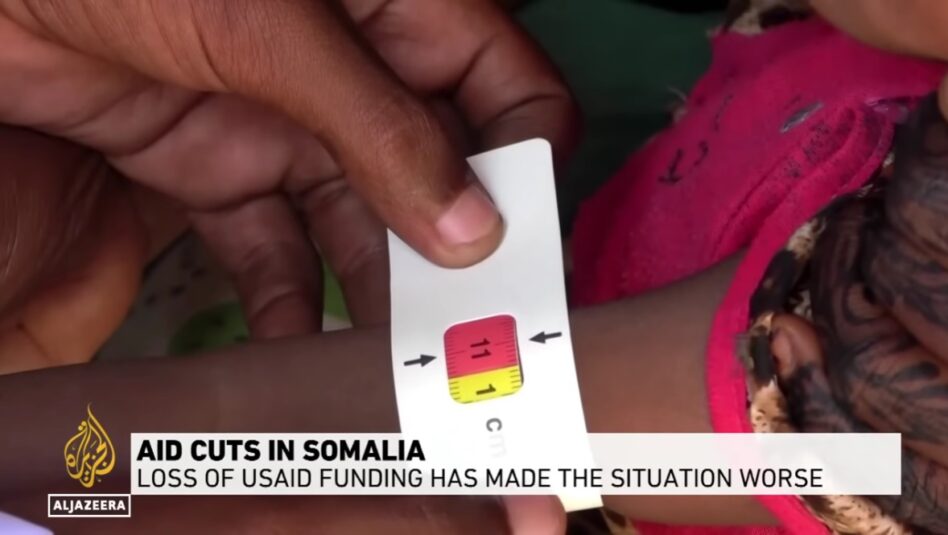CONGLOMERATES in Southeast Asia are under-performing non-conglomerates for the first time ever as markets have steadily become more competitive.
According to the latest research from Bain & Company, “Southeast Asia Conglomerates’ Watershed Moment”, the advantages of size, diversification and close government connections that fuelled decades of success for the region’s conglomerates have now turned to disadvantages.
Further, the economic headwinds induced by the Covid-19 crisis mean that reinvention is more critical for survival than ever before.
The average Southeast Asian conglomerate has just about kept pace with the average pure-play over the last nine years. Yet, within the last five years alone, it is clear that the gap is widening.
Between 2010 and 2014, conglomerates led pure plays by four percentage points of annual total shareholder return (TSR). Since then they have underperformed pure-plays by a substantial six percentage points.
Managing Partner of Bain & Company Southeast Asia and co-author of the report, Jean-Pierre Felenbok said: “The paradigm shift we have been predicting for years in the sector has finally happened.
It’s clear that conglomerates must reconsider their strategies, tackle costs and maybe even fundamentally rethink structure and business model if they are to survive in this new future.”
“Covid-19 has thrown a wrench into conglomerates’ longevity and we will see a fascinating shift over the next few years as organisations attempt to become more resilient and more agile to avoid being overtaken by their more focused competitors,” he added.
Looking back over the last decade, many conglomerates benefited from operating in high-growth sectors, and by being there first. When this era of high-growth slowed in 2015, many conglomerates did not adapt to the change and failed to shift their focus to margin expansion and cost discipline.
They also turned their backs on merger and acquisition (M&A) activities, which had been a foundation of their success in earlier years.
The majority of Southeast Asia’s conglomerates hesitated to reshape their portfolios, getting saddled with weak competitive positions as well as over exposure to low-growth industries.Yet some conglomerates have risen to the task and the best ones continue to outperform handsomely, giving even the top pure plays a run for their money.
The top quartile of conglomerates achieved 26% annual TSR from 2010-2018, compared with -6% TSR for the bottom quartile.
It is even more dramatic when you consider the absolute impact over that period – more than six-fold growth for the top quartile vs. -40% for the bottom.
Bain calls these winners “All-Weather Stars” which are all family controlled, giving them the ability to take a long-term perspective while being disciplined about where and how they participate.
“The leading conglomerates are showing the world how to protect, recover and retool their organisations to come out stronger from this downturn,” said Till Vestring, Bain & Company advisory partner and co-author of the report.
“They are looking at the current crisis as a powerful catalyst to fundamentally reshape their portfolio, embrace new ways of working and transcend the traditional conglomerate model. For others, it may herald the decline that many observers have long predicted,” Vestring added.
As part of its research, Bain has identified a number of steps that conglomerates need to take immediately in order to survive and lead:
- Reduce costs, reengineer supply chains and invest in digitalisation to win in the recovery phase – downturns always separate further winners and losers and this time will not be any different
- Embrace new, leaner and more agile ways of working – riding on the real time pilots that the crisis has provided
- Reshape their portfolio for a post-COVID world – this means both acquiring and divesting, given the profoundly changing outlook for many industries
- Find unique angles for value creation across the portfolio – reinventing and perhaps even transcending the traditional conglomerate model to compete in increasingly competitive markets.
In conglomerates – as in pure plays – the actions taken during a downturn dictate their long-term future as winners and losers are determined in turbulent times.
For conglomerates that are ready and have a strong balance sheet, the next few years should offer interesting opportunities to accelerate in their journey to leadership. – Sept 15, 2020









